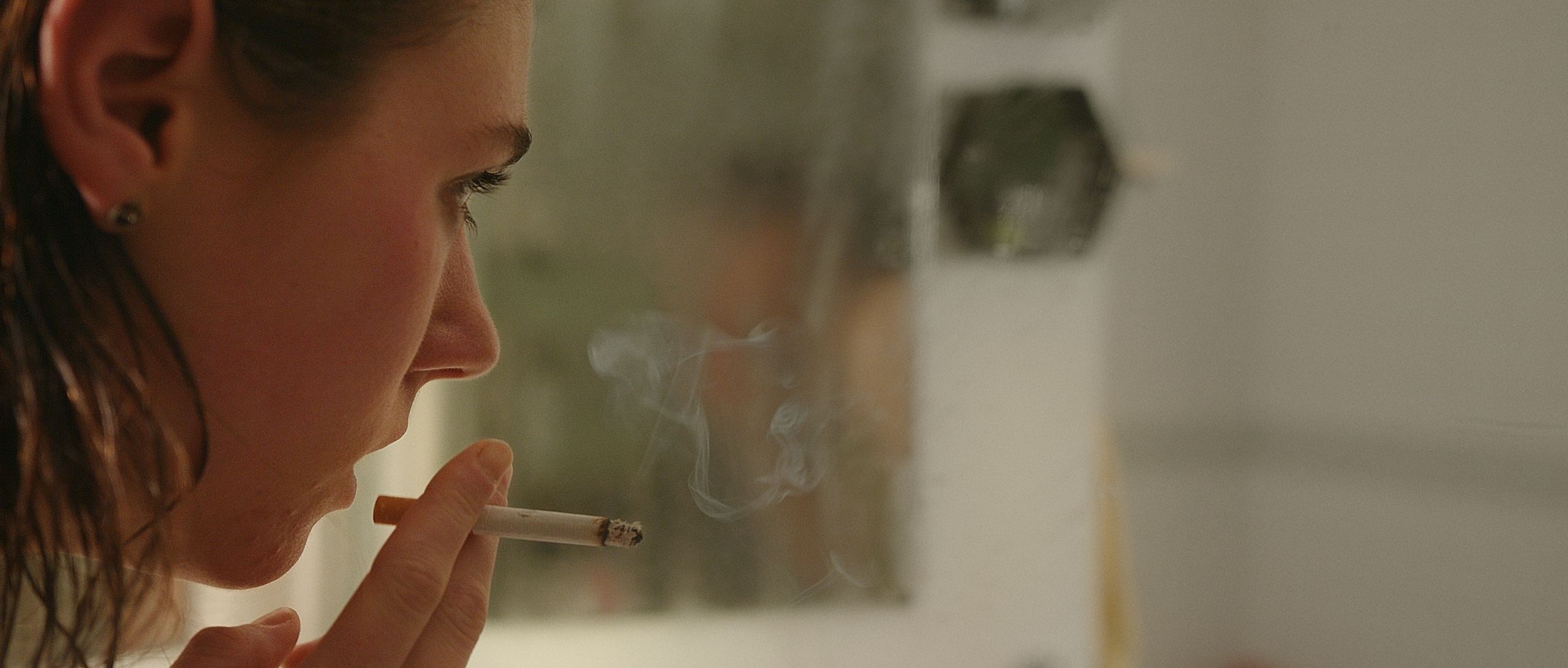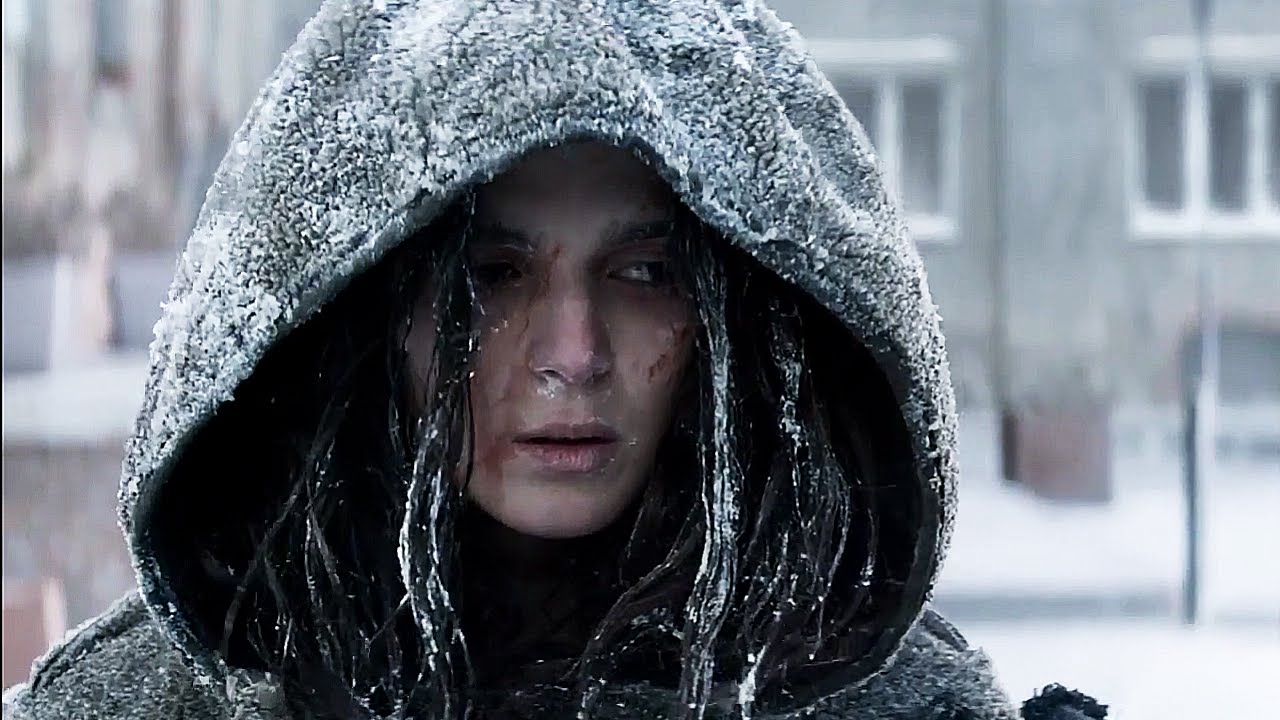Meta-Slasher Reconnects the Final Girl with Her Trauma
Meathook (2025), written and directed by Jeremy Ashley, is a fresh take on the slasher genre—one that blends classic horror tropes with psychological depth and a heavy dose of self-awareness. At 102 minutes, this low-budget indie film is both a love letter to and deconstruction of the traditional slasher formula, asking a haunting central question: What happens to the final girl after the blood dries?
The story follows Jordyn Burns, played by Rene Leech, a survivor of a brutal massacre years earlier. Scarred physically—her hand is partially paralyzed—and emotionally, Jordyn now lives a quiet college life with her roommate, trying to move on. But when a new series of murders begins to mirror the killings from her past, she’s pulled back into a nightmare she never truly escaped. With help from Grayson Ellis, a true-crime podcaster still grieving his own past, and a weary detective named Sawyer, Jordyn must face a familiar evil while grappling with her own trauma.
The film cuts between the present and flashbacks of the original massacre, slowly revealing more about what happened—and what Jordyn is trying to forget. These layered timelines build both tension and emotional resonance, offering more than just scares. While the film delivers on the gore and suspense expected of the genre, it also slows down to ask deeper questions about trauma, memory, and healing.

Meathook walks a tightrope between horror and satire. It's full of nods to genre classics like Scream and Friday the 13th, using familiar slasher setups—isolated locations, creepy phone calls, masked killers—but often flipping them on their heads. The dialogue is sharp, sometimes humorous, and always self-aware, poking fun at horror clichés while still delivering the tension and violence fans crave.
What sets the film apart is its emotional grounding. Jordyn isn’t just a horror heroine—she’s a deeply broken, realistic character. Her trauma isn’t a plot device but a central theme. She’s not fearless, and that vulnerability is what makes her compelling. Her journey is about more than survival; it's about reclaiming control, confronting her past, and deciding what kind of person she wants to be in the aftermath.

The performances, particularly by Rene Leech and Havon Baraka (as Grayson), are committed and naturalistic, helping the story feel grounded despite its grisly content. The cinematography leans into the rawness of indie filmmaking—gritty, close-up, often handheld—but it suits the story’s intimacy and emotional stakes.
Despite its modest budget, Meathook has earned praise on the festival circuit, winning awards and gaining attention for its smart script, layered characters, and effective scares. It proves that horror doesn't need a massive budget to be impactful—it just needs heart, purpose, and a good hook.
In the end, Meathook is more than a slasher. It's a meditation on what horror leaves behind, both for its characters and its audience. Gory, clever, and emotionally honest, it's a standout entry in modern indie horror that dares to explore what comes after the final girl fades into the credits.



